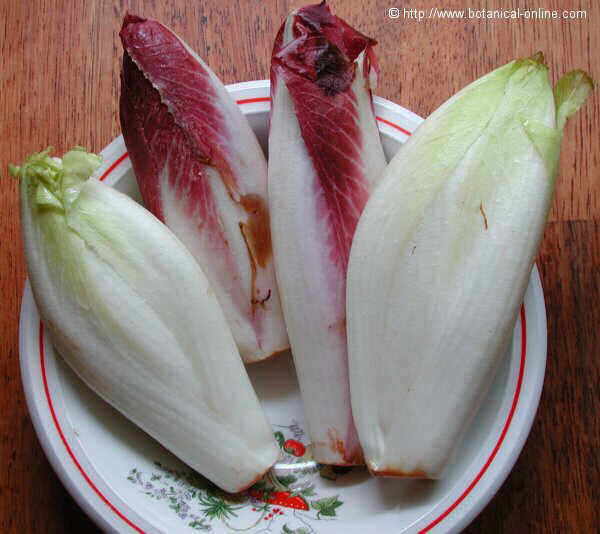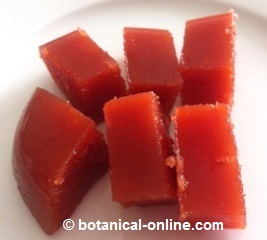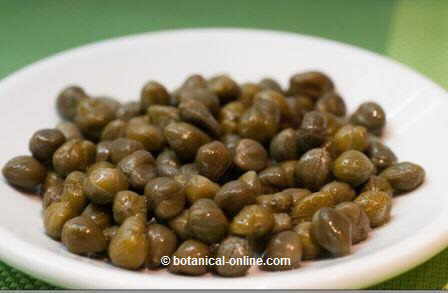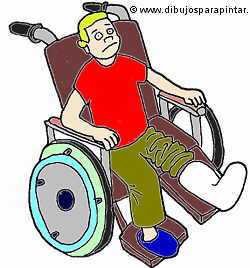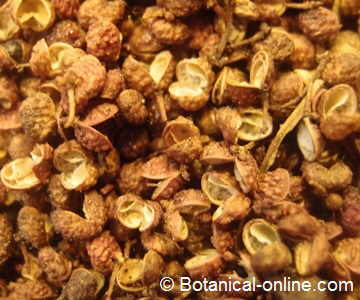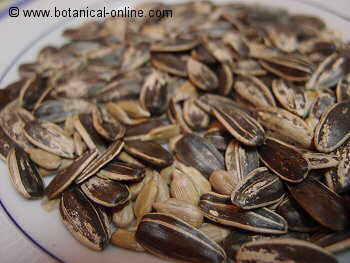Food for abdominal pain
Increase fiber intake
Among the tips that should be taken into account, we have the following:
Fiber allows for better regulation of intestinal transit, while dragging the toxins that may be responsible for causing diarrhea, intestinal putrefaction and other anomalies that can be the origin of abdominal pain.
The inclusion of fiber-rich foods help prevent abdominal pain. In general, we recommend an abundant consumption of vegetables, whole grains, and fruits for its richness in fiber. In the latter case. we must ensure that the abdominal pain is responding to gluten intolerance.
In case of diarrhea, you should limit the intake of fruit and should dispense the vegetables for pasta, rice, potatoes and boiled carrots until diarrhea stops and the belly regularizes.
In case of constipation, increase the consumption of fruits, vegetables and oil.
Among all foods rich in fiber, we include wheat bran. The inclusion of this food in water, with milk, soup,or cereals helps relieve constipation and promotes the prevention of some anomalies such as diverticulosis, which is a cause of the occurrence of painful cramps. It is necessary to ingest large quantities of liquid when pure bran is included in the diet.
Instead of wheat bran, some experts prefer to use other high-fiber foods such as psyllium, or oatmeal.
Avoid swallowing too much air
Aerophagia is one of the main causes of abdominal pain. The excess of gas in the digestive system may be the result of poor digestion, food incompatibilities, food intolerances, overeating, etc..
Furthermore, in many cases, flatus appears as a result of bad habits in the form of eating. Anxiety, nervousness, stress makes us eat too fast. Talking too much while eating, slurping excessively, etc., are other causes that may produce a too high air swallowing that produces abdominal pain.
We need to eat slowly, remain calm and avoid arguing or getting hot while eating. One should not suck too much food,.. In general, avoid swallowing too much air when you eat and make a proper chewing to digest food is a good way not to have belly ache.
Those with a tendency to produce too much flatulence should reduce consumption of some food as legumes and some vegetables such as cabbage of those of cabbage family. (See diet for flatus)
Eat liquid foods
Eating liquid food is not just a way to relieve thirst. Fluid intake can prevent constipation and increases urination, thus enhances the activity of the kidneys, preventing kidney stones or gallstones.
It is important to drink plenty of water throughout the day, although it is best to drink between meals. Do not drink too much while you are eating. Water dilutes the digestive juices so that, in some people, drinking a lot while eating can cause a difficult digestion.
Bitter foods against abdominal pain
Bitter foods stimulate the production of digestive juices, and, therefore, in most cases, promote digestion. Having a bitter foods list available helps avoid problems of abdominal pain.
Despite the positive qualities of bitter food in digestion, those who have excess of acids should reduce bitter food consumption because this type of food could be counterproductive.
Use food having digestive enzymes
Some foods contain digestive enzymes that are able to promote digestion and prevent cramping. Among them we have pineapple (rich in bromelain), papaya (rich in papain) and kiwi (rich in actinidin). Eating one of these three fruits helps improve digestion.
NOT SUITABLE FOOD FOR ABDOMINAL PAIN
 Foods not recommended for abdominal pain Foods not recommended for abdominal pain |
The following food should be reduced or, in some cases, avoided:
Foods high in fat
Foods high in fat are difficult to digest. they overload the liver and kidneys and, in many cases, are responsible for abdominal putrefaction, intestinal pain, flatulence, etc.. Minimizing fatty foods is a good way to prevent these problems.
Beware of cow’s milk in infants!
Cow’s milk is responsible for many cases of abdominal pain problems. This happens to many older people and it is very common in young children. Recent studies show that 70% of infants who have colic are allergic to cow’s milk.
Many children who are breast-fed also have colic due to the protein of cow’s milk or the dairy products that mothers drink or eat and transfer to their babies when breastfeeding with their breast milk. Sometimes the problems are due to lactose intolerance. If this is the only problem, you can drink milk without lactose
Many nutritionists recommend nursing mothers not to drink cow’s milk or milk products. According to them, calcium needs can be obtained with other calcium-rich foods or supplements.
They add that, if mothers suspect that their babies do not tolerate cow’s milk, they should replace it for a few days for soy milk, which can also cause cramping, or for casein hydrolyzate.
If after a week, the problems disappear or diminish, cow milk will surely be responsible for it.
Can cow’s milk cause colic in adults?
Indeed, cow’s milk may be responsible for colic in adults. If so, they should stop drinking it for a few days. If after a week, the ailments disappear or decrease, probably cow milk must be the culprit.
People who are allergic to cow’s milk should stop taking it. In this case, they can take other milk substitutes. Cow’s milk is not the only food that can cause an allergy or intolerance. Many people are intolerant to cereals containing gluten. Some people are allergic to peanuts, others can not tolerate certain food additives such as sorbitol. MSG, etc..
Is cow’s milk is the only food that can cause cramps?
NOT. When cramps occur in a fairly constant way, one can suspect that the person concerned is affected with an intolerance or food allergy. In this is your case, you should see your doctor or specialist to get a diagnosis.
Foods that commonly cause allergy include the following:
![]() More information about abdominal pain
More information about abdominal pain

